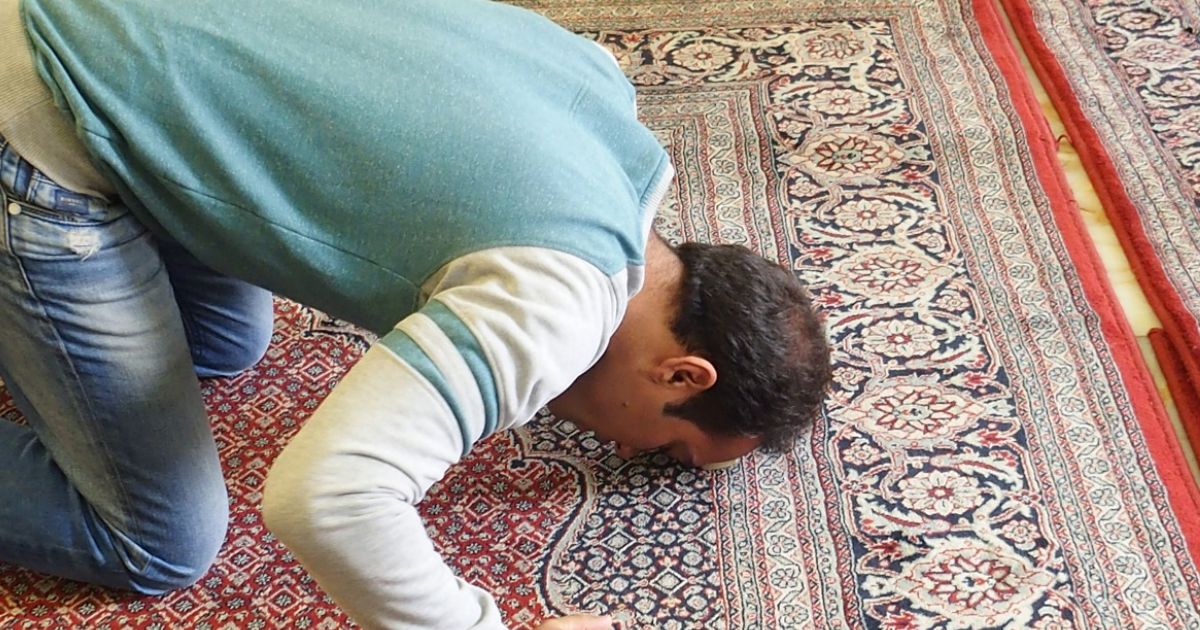Surah al Falaq, paired with Surah An-Nas, is often recited as a means of seeking refuge in Allah from evil.
Here are 10 lessons we can learn from Surah Al-Falaq:
1. Seek Refuge in Allah (Verse 1)
In the first verse, “Say: I seek refuge in the Lord of the daybreak” (Al-Falaq 113:1), Allah instructs us to seek protection from Him alone.
By calling on the “Lord of the daybreak,” we acknowledge that just as Allah brings the morning light after darkness, He can protect us from the darkness of harm and evil.
2. Recognize Allah’s Power Over Creation (Verse 1)
Referring to Allah as the “Lord of daybreak” reminds us of His supreme power over the natural world.
The daily rising of the sun is a manifestation of Allah’s control over creation. This teaches us to recognize His authority over everything and trust Him for protection.
3. Seek Protection from All Types of Harm (Verse 2)
Verse 2 states, “From the evil of what He created” (Al-Falaq 113:2). This teaches us that harm can come from various sources, whether they are physical, spiritual, or unseen.
It is a reminder to seek refuge in Allah from all forms of evil, including things we may not even be aware of.
4. Understand That Harm Can Come From Darkness (Verse 3)
In verse 3, “And from the evil of darkness when it settles” (Al-Falaq 113:3), we are reminded of the potential dangers that exist in the dark. Darkness can symbolize uncertainty, fear, and evil.
This verse encourages us to ask for Allah’s protection during vulnerable times, especially when we cannot see the threats that may surround us.
5. Protection from Witchcraft and Black Magic (Verse 4)
Verse 4 refers to seeking protection “from the evil of those who practice witchcraft when they blow on knots” (Al-Falaq 113:4).
This verse specifically addresses the harms of black magic or witchcraft, which were prevalent in certain communities. Allah reminds us that such evil can exist, and we must seek refuge from it.
6. Understand the Reality of Envy (Verse 5)
In the final verse, “And from the evil of an envier when he envies” (Al-Falaq 113:5), Allah warns us of the destructive nature of envy.
Envy can lead to ill intentions and harm, and it is something we must be cautious of. We are instructed to seek protection from the effects of others’ jealousy.
7. Recognize the Power of Words and Actions (Verse 4)
The reference to “blowing on knots” in verse 4 highlights that even small actions, such as spells or harmful intentions, can cause real harm.
This lesson teaches us the impact that words, gestures, and actions can have, and why it’s essential to seek refuge from such harmful practices.
8. Seek Protection from Both Seen and Unseen Evils (Verses 2-4)
The verses in Surah Al-Falaq address both the seen and unseen harms. This includes physical harm, spiritual harm, and the invisible dangers of magic or envy.
It reminds us that we may not always be aware of all the potential dangers around us, and that turning to Allah for protection covers every type of threat.
9. Allah is Our Sole Protector
The structure of the surah teaches that no matter what kind of evil or harm exists, Allah is the ultimate Protector.
Whether it’s from the darkness, witchcraft, or envy, Allah’s protection is sufficient. This reinforces the lesson of tawakkul (trust) in Allah and strengthens our faith.
10. Constantly Turn to Allah for Refuge
The overall theme of Surah Al-Falaq is a call to constantly turn to Allah for refuge.
Life is filled with challenges and dangers, and this surah encourages us to make seeking Allah’s protection a regular part of our daily routine, ensuring that we remain under His care.
Surah Al-Falaq offers essential lessons on seeking Allah’s protection from harm, be it visible or invisible.
It reminds us that harm can come in various forms, and by consistently turning to Allah, we are shielded from dangers that may threaten our well-being.
Through its simple yet profound verses, we are encouraged to maintain a close connection with our Creator and rely on His protection at all times.
Subscribe to our channels on WhatsApp, Google News, Facebook and Instagram.Discover more from The Islamic Information
Subscribe to get the latest posts sent to your email.









![10 Best Muharram Quotes [year] From Quran and Hadith 22 muharram quotes](https://theislamicinformation.com/wp-content/uploads/2022/08/muharram-quotes-260x195.jpg)

